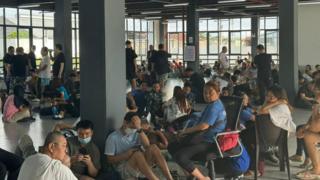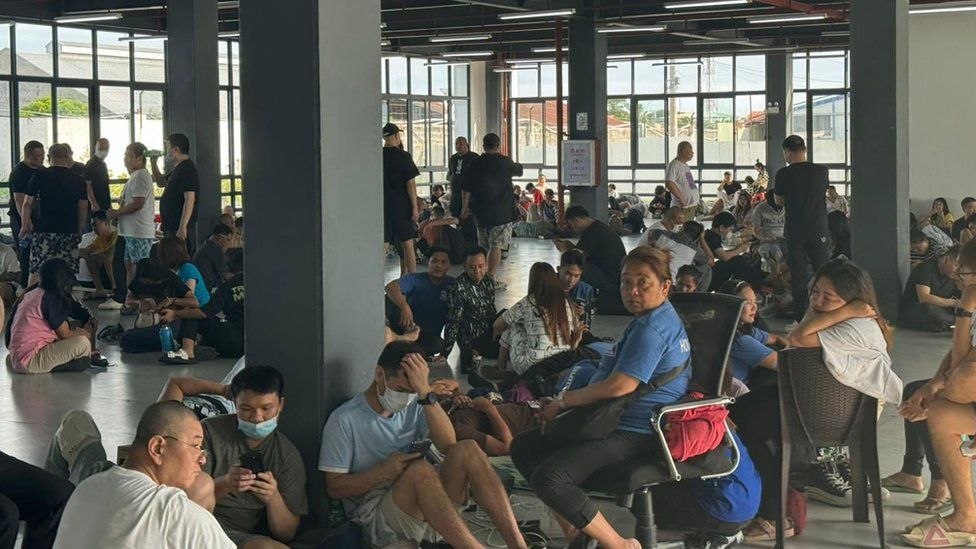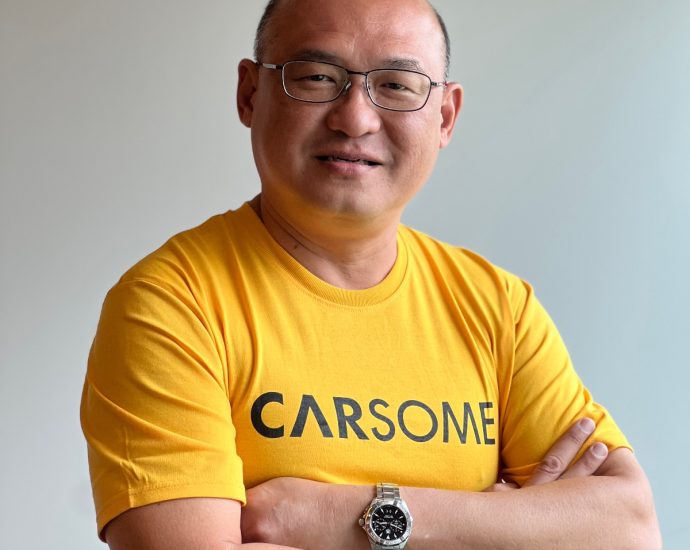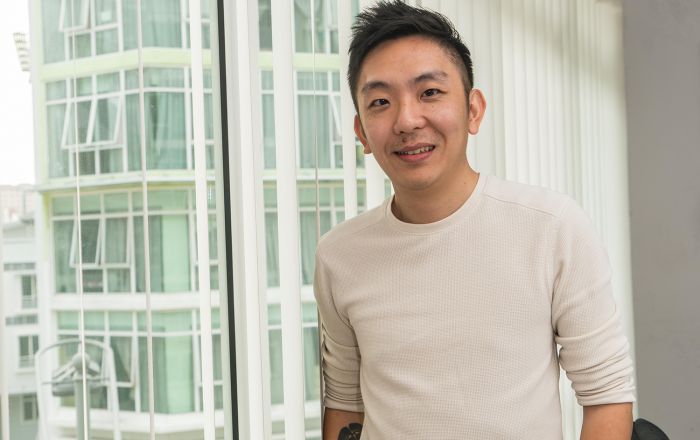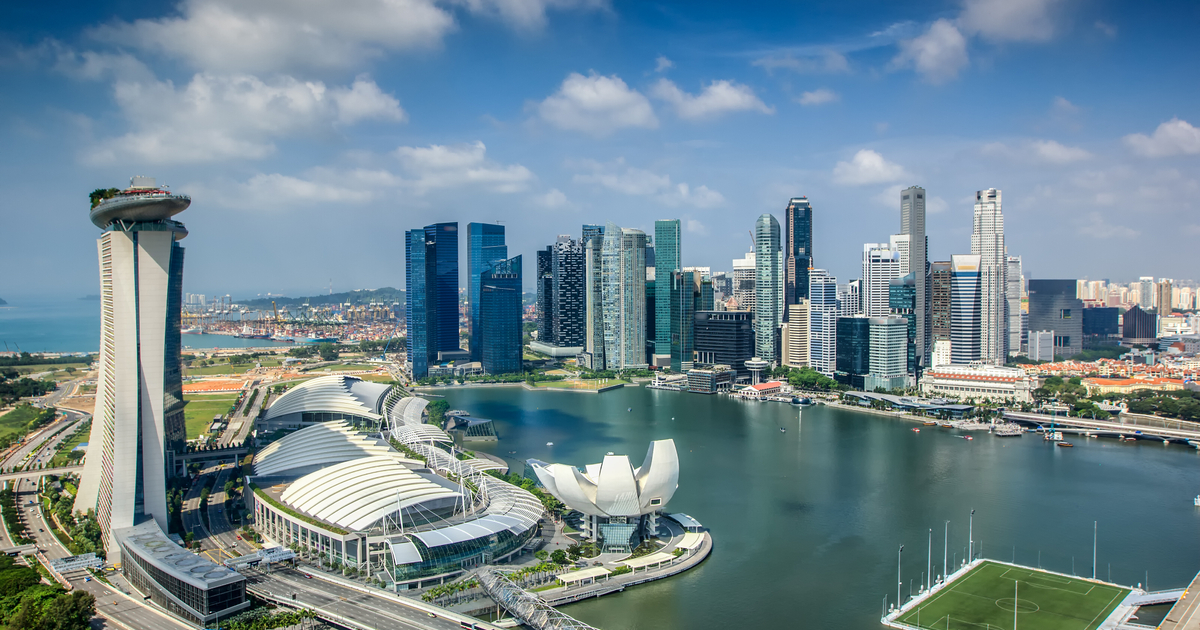AI’s rapid evolution | FinanceAsia

Asian listed technology stocks outperformed world indices in 2023. While lingering geopolitical worries and supply chain constraints muffled the industry’s early year outlook, the sector was buoyed by the near overnight mass adoption of generative artificial intelligence (AI).
The release of user-friendly chatbots found an immediate audience. Within two months of its official launch, ChatGPT reached 100 million monthly active users, making it the fastest-growing consumer application in history, according to Similarweb data. The popularity of the OpenAI-designed chatbot spurred other notable rivals, including Google’s Bard and graphic designer Midjourney. AI systems are now capable of producing digital art designs, college-level essays and software coding – all in just a matter of seconds.
Unsure which generative AI platform will ultimately reign supreme, investors have been adopting a “picks and shovels” approach, a mining analogy favouring equipment makers. The Philadelphia Semiconductor Index returned almost 50% in 2023. Asian tech companies followed, with the MSCI AC Asia Pacific Information Technology Index rallying more than a fifth, compared to a 10% gain for the MSCI World Index.
Looking into 2024, there is little to believe tech’s outperformance will reverse, said Mazen Salhab, chief market strategist, MENA for BDSwiss, speaking to FinanceAsia. Salhab foresees the trend continuing beyond the next 12 months, considering the urgency for corporations to leverage innovative technologies capable of addressing headwinds such as tightening labour dynamics and higher costs.
Given its technological reach, experts see generative AI’s transformative properties creating significant economic value across a spectrum of industries. Bloomberg Intelligence predicts generative AI sales to reach $1.3 trillion over the next decade from a market size of $40 billion in 2022, representing a compounded annual growth rate (CAGR) of 42%, with rising demand for AI products adding $280 billion in new software revenues.
These numbers are hard to ignore, explained Hong Kong-based Robert Zhan, director of financial risk management for KPMG China, to FA. He added that companies harnessing AI would not only establish a competitive advantage for themselves, but would also unlock substantial client and shareholder values, enriching the entire business ecosystem.
Concentrated gains
Yet, despite the broad-based optimism, generative AI value creation has been narrowly focussed with select names. The market cap of US-listed Nvidia, the graphic processing unit (GPU) chipmaker behind chatbots like ChatGPT, tripled in 2023, breaching the trillion-dollar level and quickly becoming the industry’s benchmark for AI sentiment.
The excitement surrounding AI pushed Nvidia’s current price-to-earnings (P/E) multiple to 120 times, compared to Nasdaq’s market multiple of just 25 times, with analysts justifying AI premiums due to the sector’s rising income profile and robust sales outlook. While historical productivity cycles have often inflated speculative prices, even at the current trading multiples, Salhab doesn’t believe an asset bubble exists, arguing that visible efficiency gains are set to materialise in the near future.
Timing when those AI-related gains appear is riddled with obstacles for asset allocators. Chip designer Arm Holdings, which listed on the Nasdaq in September 2023, has been trading with a P/E as much of 200 times, nearly double that of Nvidia’s, reflecting the widening gap investors are assigning to companies with AI linked revenues.
Despite the elevated valuations, fund managers see generative AI investments as just one catalyst for the tech sector.
The outlook is particularly promising for semiconductors, said Matthew Cioppa, co-portfolio manager of Franklin Templeton’s technology fund, in a conversation with FA. Cioppa highlights ongoing drivers such as proliferating demand for electric vehicles, internet of things (IoT), and cloud computing, noting that these technologies are at the early growth stages of their innovation, offering catalysts for semiconductor stocks.
The politics of chips
There are also many political considerations for AI investors.
As semiconductors serve as the underlying hardware for AI, experts say the technology will inevitably always be related to political decisions that can quickly rattle markets. In October 2023, the US tightened export controls on advanced chip sales to China, hampering Beijing’s AI ambitions and fuelling US-Sino tensions ahead of the US 2024 presidential election.
The US-China trade dispute has diminished the Chinese semiconductor market for US suppliers, acknowledged Cioppa. Although he argues that export restrictions are already priced into the market, Cioppa believes that the political fallout linked to semiconductor chips and AI technology remains a volatile factor that can never be ignored, especially when the world’s two largest economies are directly involved.
Nvidia’s share price has bucked the trend. While the company has thus far overcome trading hurdles by offering alternative chips, that balancing act appears vulnerable following the group’s third-quarter earnings announcement which mentioned a more challenging operating environment ahead. That caution is now being echoed by Nvidia’s Chinese customers who are also concerned about their own generative AI aspirations.
In late November 2023, e-commerce giant Alibaba reversed its decision to spin off its Cloud Intelligence Group, citing the US export controls of advanced Nvidia chips, while China’s Tencent said it would look to domestic semiconductor manufacturers to meet its demand. Even as Nvidia coordinates with the US government on developing approved chip designs compliant with the existing rules, the outcome and timing of decisions remains unclear.
This matters for any technical development, said KPMG’s Zhan. “[Because] geopolitics impacts which AI vendor is selected, companies will be cautious to ensure they meet local regulatory requirements, particularly across data privacy and security.”
Rapid development of Chinese-produced semiconductors may test market sentiment if incumbents like Nvidia underestimate those capabilities. While supply may meet chip demand in the current market, Nvidia believes those alternatives may not provide sufficient computing power to train the next generation of AI systems, as stated in the earnings report.
Technological challenges are also occurring alongside policymaker efforts to incubate a regulatory landscape that supports AI platforms without derailing its potential. In October 2023, London initiated a summit aimed at establishing an AI oversight committee, but soon discovered that Washington had similar intentions, reflecting a lost coordination opportunity.
What regulations are ultimately introduced is uncertain, but it’s anticipated that numerous discussions and obstacles will arise in the years ahead, said Zhan. When asked what type of regulation works best, he shared: “I would like to compare AI to a human. Right now, AI technology is still in its infancy, so it makes sense that it should get more supervision and more controls to help it learn and grow. But as AI matures and learns, such controls should adjust proportionately according to the risk.”
It is a sentiment underscored by Franklin Templeton’s Cioppa, who said that “over time a combination of sovereign regulatory frameworks and private market solutions would effectively provide AI guardrails as not to stifle innovation or make it too difficult for smaller companies to compete with the mega cap companies on any advancements.”
2024 outlook
The uncertainties facing AI investors for the year ahead are magnified by higher capital costs such as elevated interest expenses as central bankers grapple with inflation, and also the increasing need for expensive data centres.
It will be interesting to see how AI stocks’ performance compare to non-tech companies in an overall weaker investment environment. Any company looking to bring AI into their businesses will have an expensive journey which could weigh on their earnings’ outlook.
As the market undergoes tapering, venture capital and private equity firms are adjusting their expectations. Hong Kong-based Alex Wong, head of M&A advisory at FTI Capital Advisors, told FA:
“Our clients, particularly those considering Hong Kong initial public offerings (IPOs), have recalibrated their expectations. Impacted by the weaker local market, some are exploring various alternatives at reduced exit valuations. Others are studying different listing venues, or altogether, deferring IPO plans and choosing direct exit strategies like trade sales.”
For fund managers preparing for the year ahead, these factors may bode well again for Asia’s technology stocks over non-tech names, particularly innovative companies backed by reliable cash flows and visible dividend payouts to shareholders. For investors that may mean holding onto 2023’s winner in 2024.
Peter Choi, a senior analyst at Vontobel, favours firms such as Taiwan Semiconductor Manufacturing Company (TSMC), the largest constituent for MSCI AC Asia Pacific Information Technology Index which returned more than a third to investors last year, highlighting that TMSC powers AI businesses not only for Nvidia, but also for tech giants such as Google and Microsoft.
Yet, no matter which AI-related companies lead stock market returns, the generative AI attention will unlikely fade, explained Andrew Pearson, managing director of Intellligencia, an AI and analytics company in Hong Kong and Macau.
“Fundamentally, generative AI is anything that can be imagined even if it doesn’t currently exist, making it good marketing material inside a PowerPoint presentation or even a book,” said Pearson, who recently published The Dead Chip Syndicate. Ominously, he added: “There will always be an audience for something that carries a 10% chance of destroying the human race. It is too big to disregard at this point.”
For investors, there may be a sense of irony by sticking to the same investment strategy in 2024, as arguably the most prudent approach to capture the market upside for a constantly evolving technology, is to repeat what has worked before. Will this trade work again? We will find out over the next 12 months.
This article first appeared in the print publication Volume One 2024 of Finance Asia.
¬ Haymarket Media Limited. All rights reserved.




 Shermaine Wong ( pic, right with co-founder Lina Esa, co-founder and CEO of Cult Creative ),” Our evolution into an agency affiliate partner marks a significant milestone in our journey.” By offering our services to businesses, we aim to provide them with the resources and tools necessary to unlock the full potential of collaborative creator marketing.
Shermaine Wong ( pic, right with co-founder Lina Esa, co-founder and CEO of Cult Creative ),” Our evolution into an agency affiliate partner marks a significant milestone in our journey.” By offering our services to businesses, we aim to provide them with the resources and tools necessary to unlock the full potential of collaborative creator marketing..jpg)



